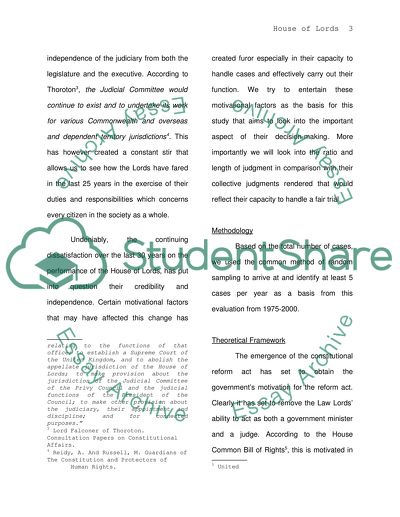Cite this document
(“House of Lords Essay Example | Topics and Well Written Essays - 1250 words”, n.d.)
House of Lords Essay Example | Topics and Well Written Essays - 1250 words. Retrieved from https://studentshare.org/politics/1523341-house-of-lords
House of Lords Essay Example | Topics and Well Written Essays - 1250 words. Retrieved from https://studentshare.org/politics/1523341-house-of-lords
(House of Lords Essay Example | Topics and Well Written Essays - 1250 Words)
House of Lords Essay Example | Topics and Well Written Essays - 1250 Words. https://studentshare.org/politics/1523341-house-of-lords.
House of Lords Essay Example | Topics and Well Written Essays - 1250 Words. https://studentshare.org/politics/1523341-house-of-lords.
“House of Lords Essay Example | Topics and Well Written Essays - 1250 Words”, n.d. https://studentshare.org/politics/1523341-house-of-lords.


